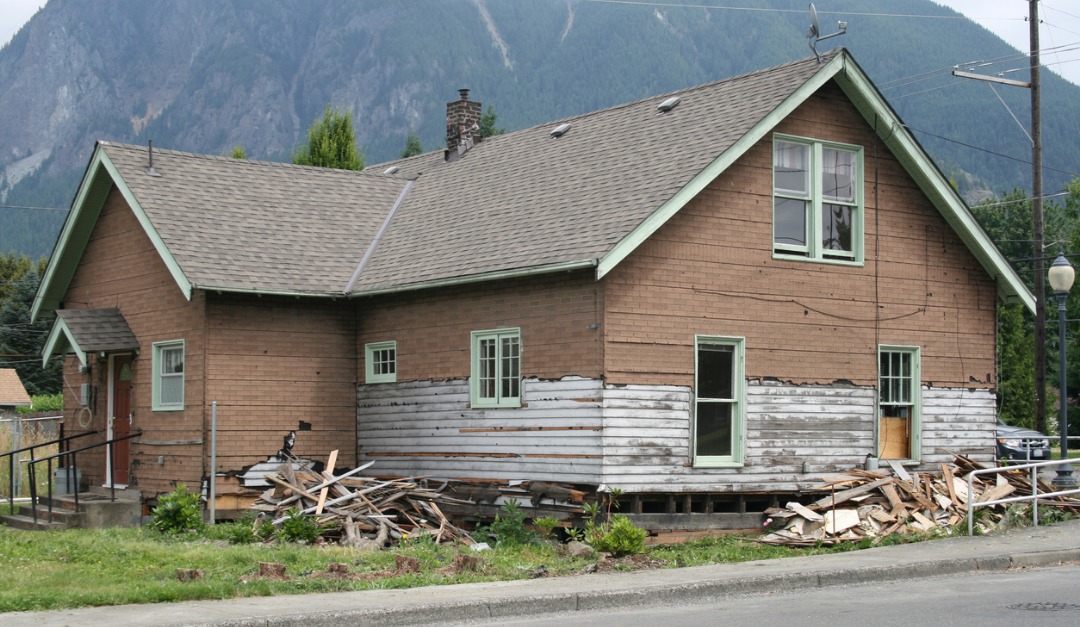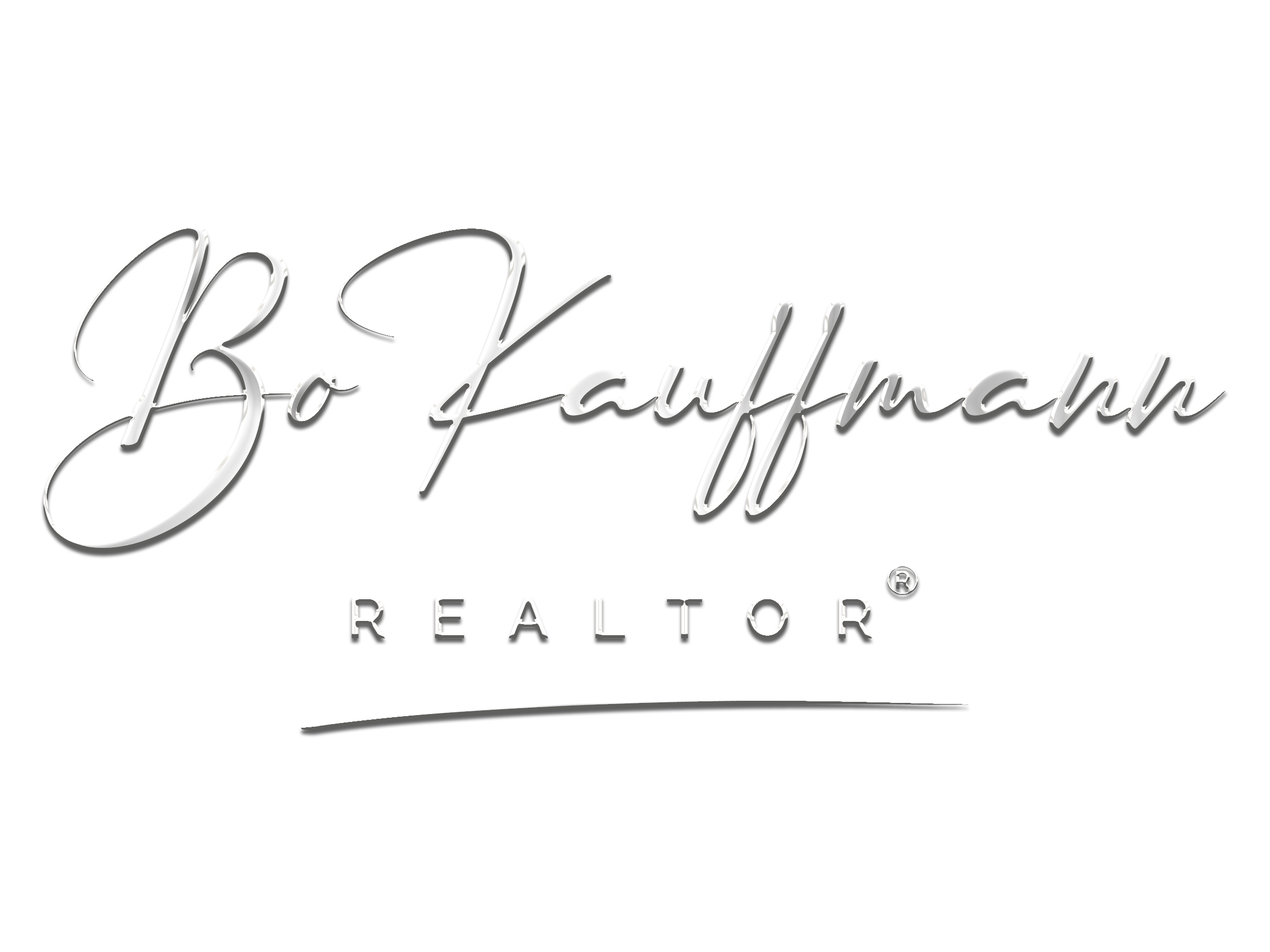
5 Signs a Fixer-Upper Might Not Be Worth It
Television has made fixer-uppers seem remarkably glamorous and transformative … even life changing. And while in some cases it can be a rewarding project and a great opportunity to break into certain markets, a fixer-upper also comes with its share of challenges. Many a family has found their finances, relationships and even personal safety strained to the limit by a fixer-upper that was just too much to take on. Here are some signs a fixer upper just may not be worth the effort:
The land itself is unsafe. A home may be one thing to renovate, but if the actual land it sits on has issues—like it’s prone to flooding or has problems with soil contamination—there’s not much you can do.
It’s structurally unsound. There’s a big difference between something that needs some upgrades and something that needs to be torn down to the studs just to make it safe to live in. Unless that’s something you—and your pocketbook—signed up for, it’s best to look at other options.
Zoning and permits may be a problem. Some municipalities or neighbourhoods are more open to renovations and upgrades than others. If you’re planning on the type of fixer-upper that will require a permit—like an upper floor extension or basement suite for example—make sure you’re buying in an area that is open to the type of renovations you need.
The price of renovations will exceed the value. Sinking too much money into renovations is a common pitfall of fixer-uppers. If you can’t recoup the amount when you go the sell the home—maybe it’s in an older building or an undesirable neighbourhood—you’re not getting the value you deserve.
The neighbourhood is depreciating or undervalued. Planning a glamorous fixer-upper is one thing, but it can’t compensate for a neighbourhood that’s depreciating in value or has undesirable features. If you’re looking at potential fixer-uppers in a neighbourhood with a slaughterhouse or high crime rate, for example, you might want to move on.
